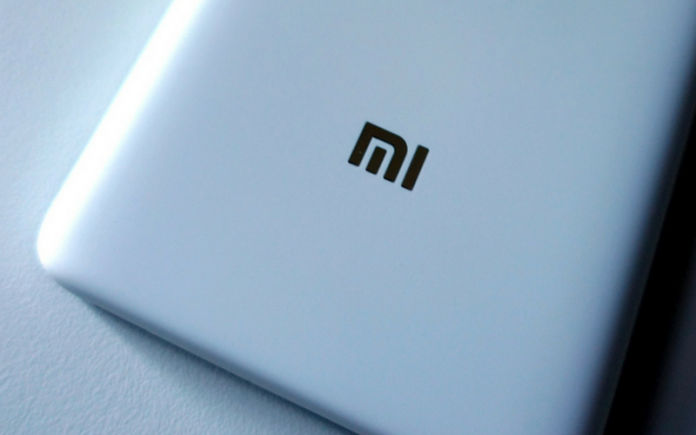Xiaomi acclaims the number one spot as a smartphone brand in Nepal as per the latest IDC Worldwide Quarterly Mobile Phone Tracker, Q1 2020 report. Xiaomi’s market share translates to 30.9% — four out of the top ten smartphones sold in Nepal were from Xiaomi — surpassing the likes of Samsung and Vivo with 18.6% and 12.3% market share respectively. Xiaomi has claimed the number one spot after nearly one and a half years of operation that officially took off from October 2018.
Here’s an overview of the overall smartphone shipments as per IDC Quarterly Mobile Phone Tracker, Q1 2020:
| S. No | Smartphone Vendor | Market Share |
| 1 | Xiaomi | 30.9% |
| 2 | Samsung | 18.6% |
| 3 | Vivo | 12.3% |
| 4 | OPPO | 10.0% |
| 5 | Lava | 5.3% |
The report states that Xiaomi is 66% larger than the second-largest smartphone vendor and independently as large as the second-largest and third-largest smartphone vendor combined in Nepal. Also, the company did launch two of the top five smartphones — the Redmi Note 8 at number one and the Redmi 8 at number two in Q1 2020.
Xiaomi’s Country General Manager, Sourabh Kothari said, “This is an exhilarating moment for us at Xiaomi Nepal, as we become the leader in the smartphone market for the very first time. Driven by our mission to bring innovation for everyone, we shall strive to work even harder for our Mi fans. We are so grateful for the immense love and support we have received from our Mi Fans, who have believed in us every step of the way. The journey since our start here has been a humbling experience and I truly believe we will become an even bigger part of people’s lives with our commitment to gain our users’ love and trust through best specs, highest quality, and honest pricing”.
Xiaomi, over the past, performed really well in the festive sales as well. It reportedly acclaimed the number one spot in almost every Daraz sales event including the Dashain sale that saw its huge contribution.
Meanwhile, Xiaomi accredits its offline growth in Nepal playing a significant role in the overall growth. It set up above 900 offline partners with 350 Mi Preferred Partner shops across the country within a year thereby building a robust distribution network across different locations.







